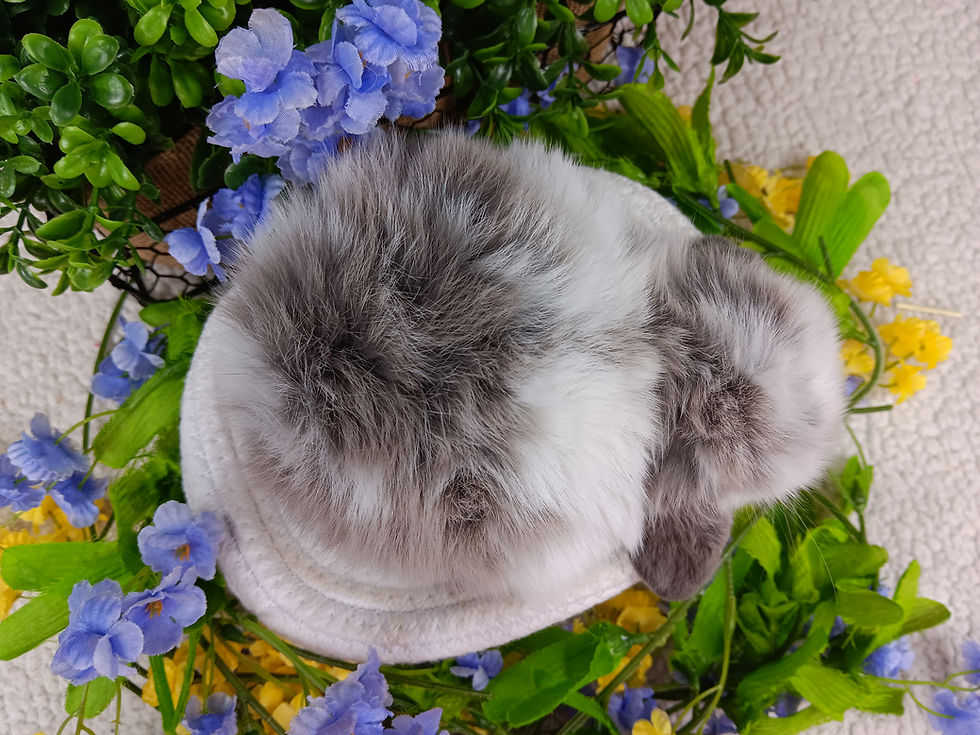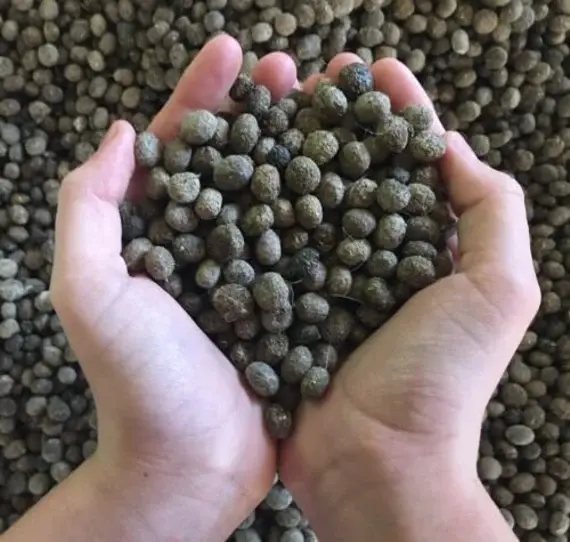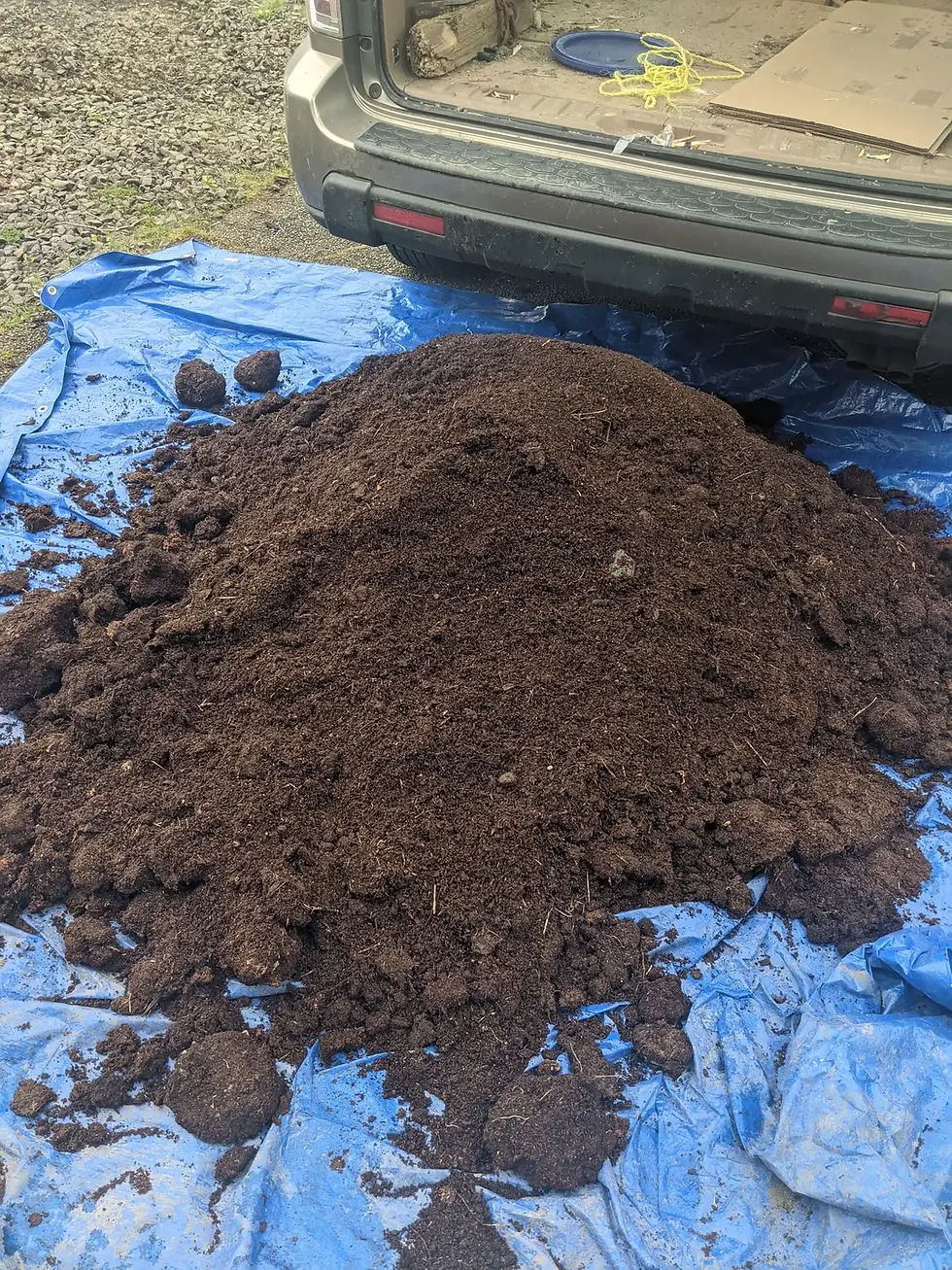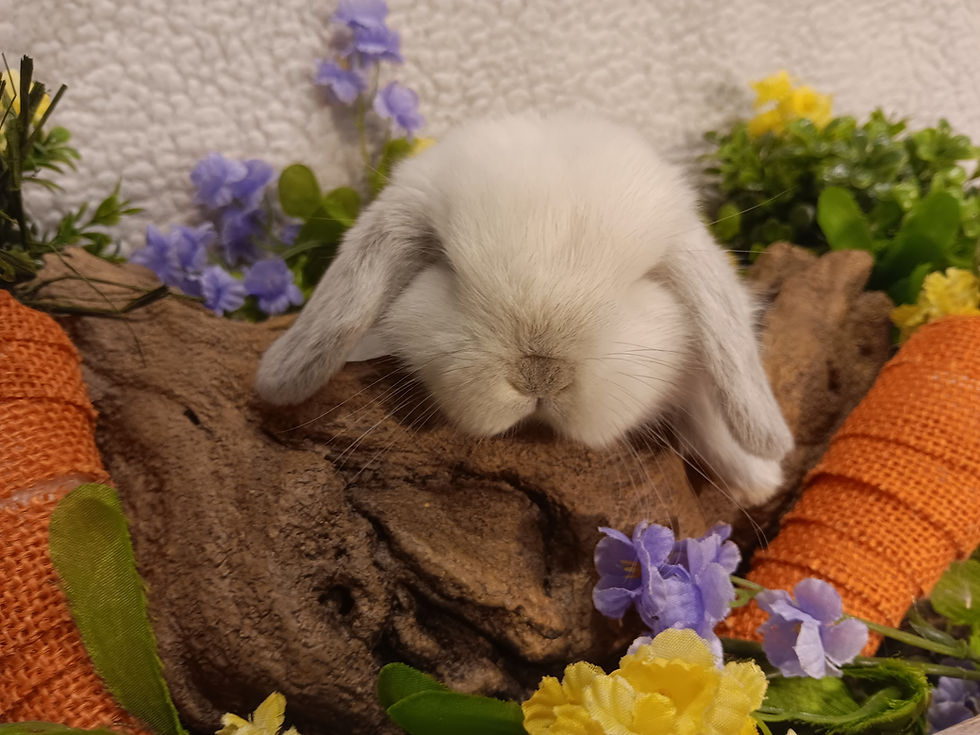

Fun Music to listen to as you browse our website :)
-
Organically-Grown Veggies and Herbs
-
All-Natural Soap
-
Home-Made Natural Products
Mini Lops
We have had the pleasure of being around and having many different types of bunnies. We have been breeding bunnies since 2016. We are particularly attracted to the lop ears, because they are just SO CUTE!
We have found that breeds smaller than the mini lop, such as the holland lop, tend to be more skittish and afraid. They are timid in nature. Bunnies that are larger than the mini lop, such as the french lop, tend to be higher maintenance and need more help, health-wise, and they can also be more temperamental. For us, the sweet spot, is mini lops.
Mini lops, if handled often from birth, make the most wonderful family pet. They are generally very laid back and loving. Some love to give kisses, and others enjoy exploring more, but they all, if they are treated well and come from quality lines, make incredible pets.
Mini lops come in so many beautiful colors! They come in variations of blue, gray, white, brown, black, shaded colors, and oranges. So much fun!
They are also great for taking to retirement homes. They can be potty-trained and become therapy animals. Many teachers love them and they make great pets in the classroom. They can be taken to library story time as well. We feel they are one of the most versatile breeds you can work with.
If you are a gardener, their manure is incredible for your garden. It is considered a "cold" manure. This means that you can put their manure directly on your garden without letting it sit for a year or so first. Their manure is high in nitrogen, phosphorous, potassium, and other minerals and micro-nutrients. It also has elements such as magnesium, zinc, and calcium in it. Their manure helps to improve a poor soil structure, as well as drainage and moisture retention issues. Did I mention that worms also love their manure? Worms are very beneficial for the garden as well, so attracting worms is a huge benefit to having mini lops. Their manure is also less smelly to work with than other manures. If you would like to see your garden sing, consider getting a mini lop! Your garden will thank you :)
We have a large family and our children absolutely love having mini lops. They are fun for all ages. From age 3 to adult, they can learn to hold and take care of a mini lop properly. They are a perfect breed for children to learn responsibility and take care of an animal that is their size. Mini lops truly become a loving part of the family. You can potty-train them, give them special treats, they can learn their name and will follow you around the house. Mini Lops can be taught to obey simple commands and to perform basic tricks. They are truly precious pets to have, they are smart as well as loveable, and make a wonderful addition to any family that is considering a bunny.
If interested, please see our other blog pages on how to take care of mini lops, keeping mini lops healthy, etc.
There are so many different kinds of rabbit breeds, take time to research your favorites. We have definitely found ours :)
Blessings,
Verity Farm



More about Mini Lops:









History of Mini Lops
Our children just love the Mini Lops because of their sweet disposition and their size. Adults generally do not weigh more than 6 1/2 lbs., so they are great for children and adult alike. Mini Lops are the third smallest of all the lop rabbit breeds and they are the smallest non-dwarfed lop. They are small rabbits with lopped ears. Mini Lops both closely with their family members and do not thrive when they are neglected.
They should have a massive, thick and heavily muscled body. The hips should be well rounded. The size of the head should be balanced with the body. The legs should be straight, short, and thick. The Mini Lops fur should be very thick and dense as well as glossy.
The first Mini Lops were originated from the German Big Lop (about 8 lbs. with large thick ears) and the small Chinchilla. These two breeds were originally the colors: agouti and white.
In 1972, Bob Herschbach discovered the Mini Lop breed at a German National Rabbit Convention in Essen, Germany. He was a Mini Lop promoter and achieved the first procreation of Mini Lops in the United States. The first Mini Lop bunnies were solid colors. Shortly after came a generation with broken colors. Mini Lops began obtaining high standards on quality.
In 1974, Herschbach brought his Mini Lop rabbits to the American Rabbit Breeders' Association (ARBA) Convention, held in Ventura, CA. At this convention, it was decided that the breed needed to be a more compact and attractive in size. In order to reach this goal, Herschbach had the assistance of other breeders and let them breed more of his Mini Lops (then called Klein Widders, but later changed to Mini Lops, because it was more appealing to the public).
In 1977, the Mini Lop breed was being sponsored by someone new, a man named Herb Dyke. Dyke and Herschbach created a club for Mini Lops, where Mini Lop breeders could correspond with one another. Within a year, they had over 500 members who contacted ARBA asking to support the Mini Lop rabbits. 1980 was an exciting year for Mini Lops, in Milwaukee, WI, at the National Rabbit Convention, Mini Lops became recognized as an official rabbit breed by ARBA.
Mini Lops are known for their round thick bodies with long loppy ears, their wide head, and thick bone structure. They have short well-rounded loins, a deep chest, and wide shoulders. The Mini Lops ears should sit close against the cheeks with the ear openings turned in. The folds of the ear should be thick. These are traits to look for if you are showing your bunny. If you are not, and this bunny is just a pet, then these things are nothing to worry about. Mini Lops come in a range of colors and patters, solid or broken. Their lifespan is about 7-10 years.
Mini Lops have their own individuality, but, most often are great with children, the elderly, taking them to retirement homes, they are friendly, playful, and intelligent. Many teachers take mini lops to school to teach their students about taking care of an animal and learning responsibility. They can be litter box trained and taught many tricks. They love to be around other rabbits and people. They are very social and dearly loved by our family!


























































































